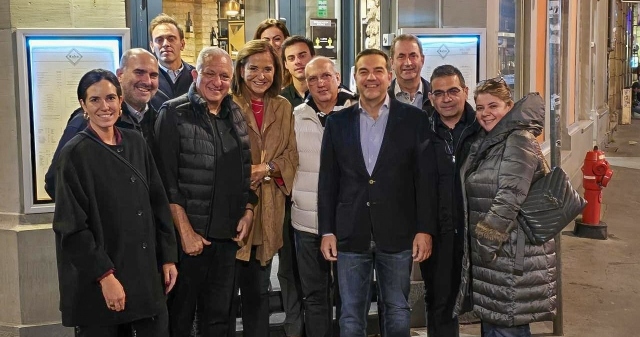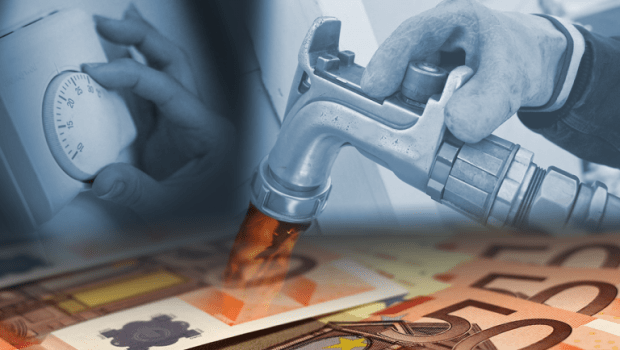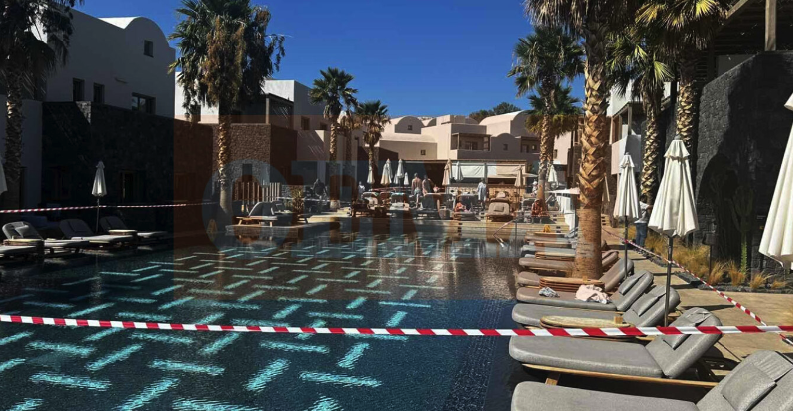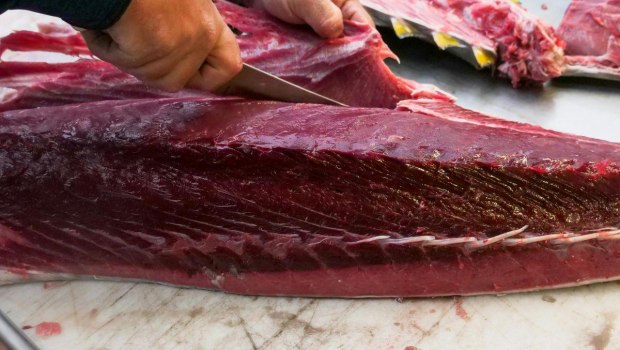Mitsotakis: Protection of the Tomb of the Unknown Soldier assigned to the Ministry of Nati
Source: ProtoThema English
“Another response to those who wish to see Greece isolated and miserable,” emphasized Prime Minister Kyriakos Mitsotakis, referring to Greece’s participation in the summit on Gaza organized by Donald Trump in Egypt. He began his Sunday post by referencing the historic agreement between Israel and Hamas, describing it as a realistic path toward peace in the region. He credited the initiative to President Trump and noted Greece’s readiness to actively support the implementation of the peace plan.
Mitsotakis then turned to domestic issues, announcing that with new legislation next week, the exclusive responsibility for the protection and proper functioning of the Tomb of the Unknown Soldier will be assigned to the Ministry of National Defense. He justified the move by arguing that the monument’s symbolic nature should not be diminished by unrelated protests, especially when other avenues for expression exist. The monument, he said, should retain its open, unifying character and remain a point of pride and remembrance for all Greeks and visitors.
He continued with a review of the 2026 draft budget, highlighting Greece’s steady economic recovery. Growth is expected to rise, inflation and unemployment to decline, and public debt to reach its lowest level since 2010. He noted that Greece is no longer the most indebted EU country and is being recognized internationally for its economic reforms and fiscal consistency, as echoed in remarks by the President of the German Federal Bank. Nevertheless, he acknowledged that more needs to be done to improve productivity and create better-paying jobs, adding that Greece recorded a record number of new jobs in the first eight months of 2025.
Addressing the manufacturing sector, he emphasized that Greece is not just a tourism economy, but also a country that produces and exports. Between 2019 and 2024, manufacturing businesses increased by 10%, employment in the sector rose by 18%, and wages went up by 250 euros. He argued that the share of manufacturing in Greece’s GDP is approaching 14%, driven by consistent reform and investment.
Turning to the agricultural sector, Mitsotakis acknowledged delays in subsidy payments and the frustration among farmers. However, he explained that the delay is due to necessary reforms and stricter oversight demanded by the EU. Payments for basic aid and specific programs will begin soon after the deadline for applications on October 20. He asked for patience, stressing that the changes being made will ensure future support is delivered more transparently and reliably.
He then discussed regional development plans in Evrytania and Boeotia. In Boeotia, commuter rail routes connecting Livadeia and Thebes with Athens will start in 2026, along with road upgrades and business park development. In Evrytania, the road link between Lamia and Karpenisi will proceed, beginning with fast-track expropriations. He emphasized that through strategic planning and cooperation with local communities, the government is working to bring remote regions closer to the center.
On healthcare, Mitsotakis referred to the government’s priority to increase organ transplants, with encouraging results: higher numbers of transplants and shorter waiting times. However, he noted that Greece still lags behind the European average and vowed to intensify efforts through infrastructure investments and public awareness. He also highlighted the results of a national survey on patient experience in public hospitals, with high satisfaction in care quality and safety, though areas like cleanliness and staffing still need improvement.
He then addressed the success of the out-of-court debt settlement mechanism, which saw strong performance in September, both in new applications and in approved settlements. To date, over 43,000 successful arrangements have been recorded, covering debts of more than €14 billion.
Mitsotakis concluded with a symbolic milestone: for the first time in 50 years, the Parthenon is free of scaffolding, offering visitors a clear and unobstructed view. Full restoration will be completed by April 2026. He noted that this is a reminder that major projects require time, patience, and consistency — but in the end, they are worth the effort.
“Have a good Sunday,” he signed off.
Ask me anything
Explore related questions
The original article: belongs to ProtoThema English .



